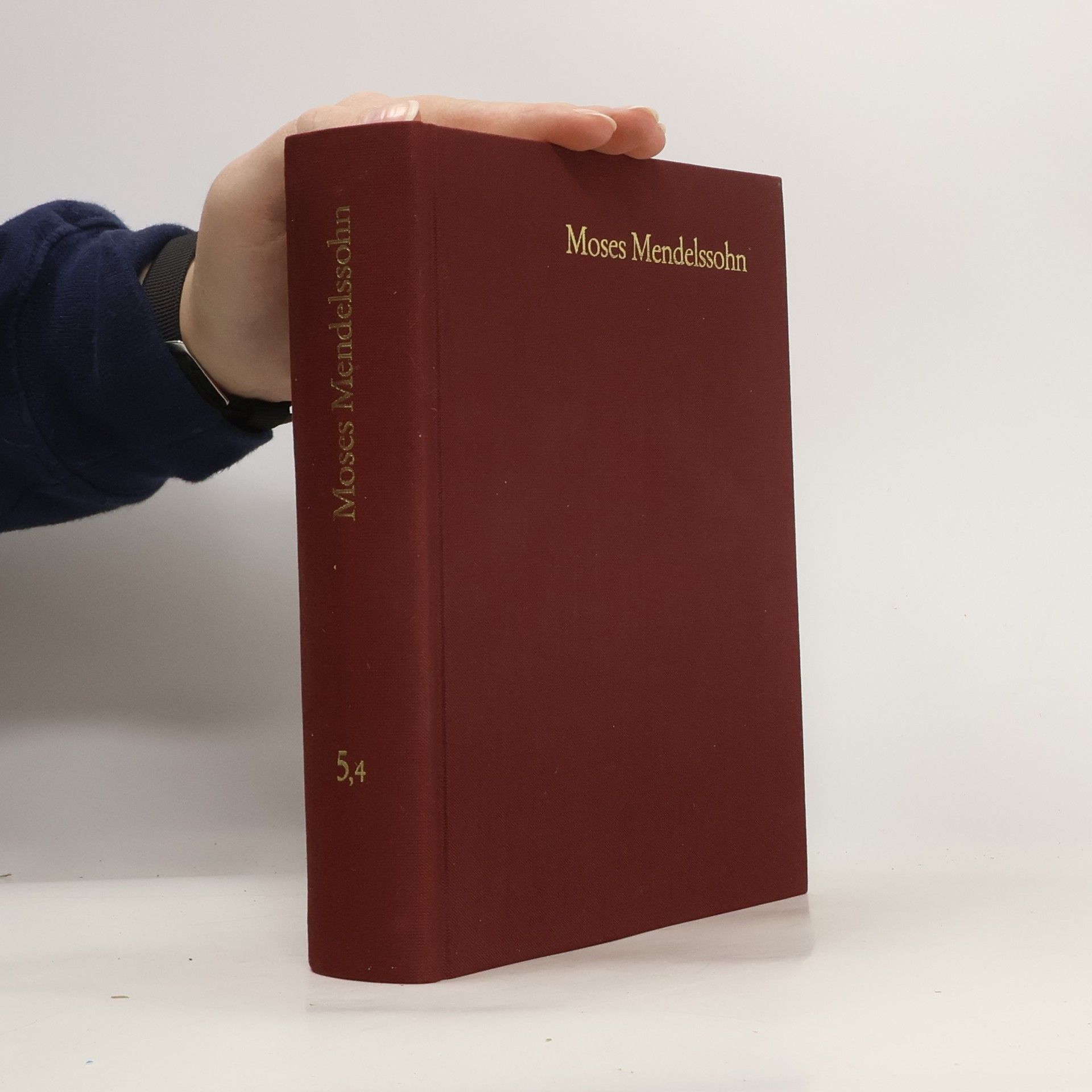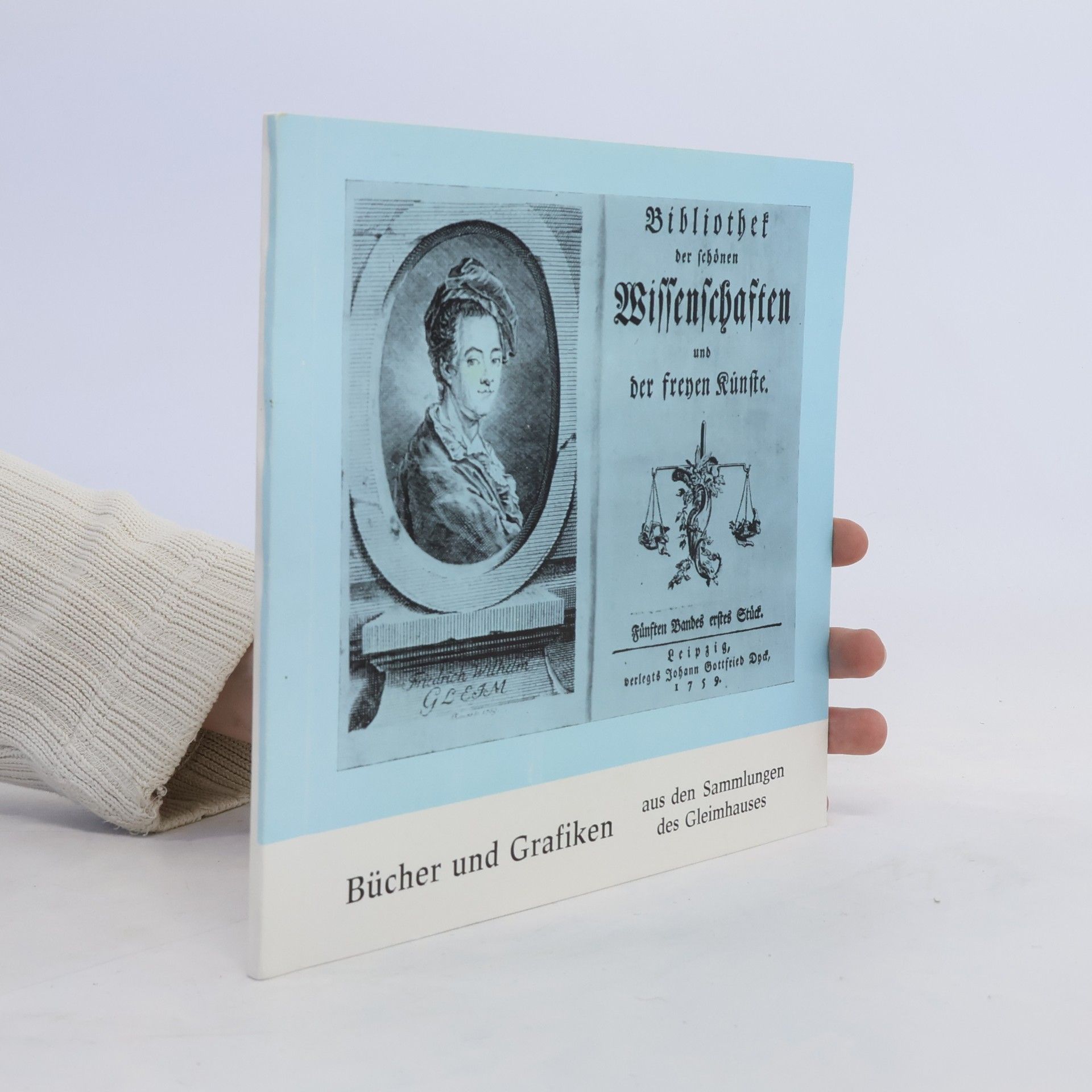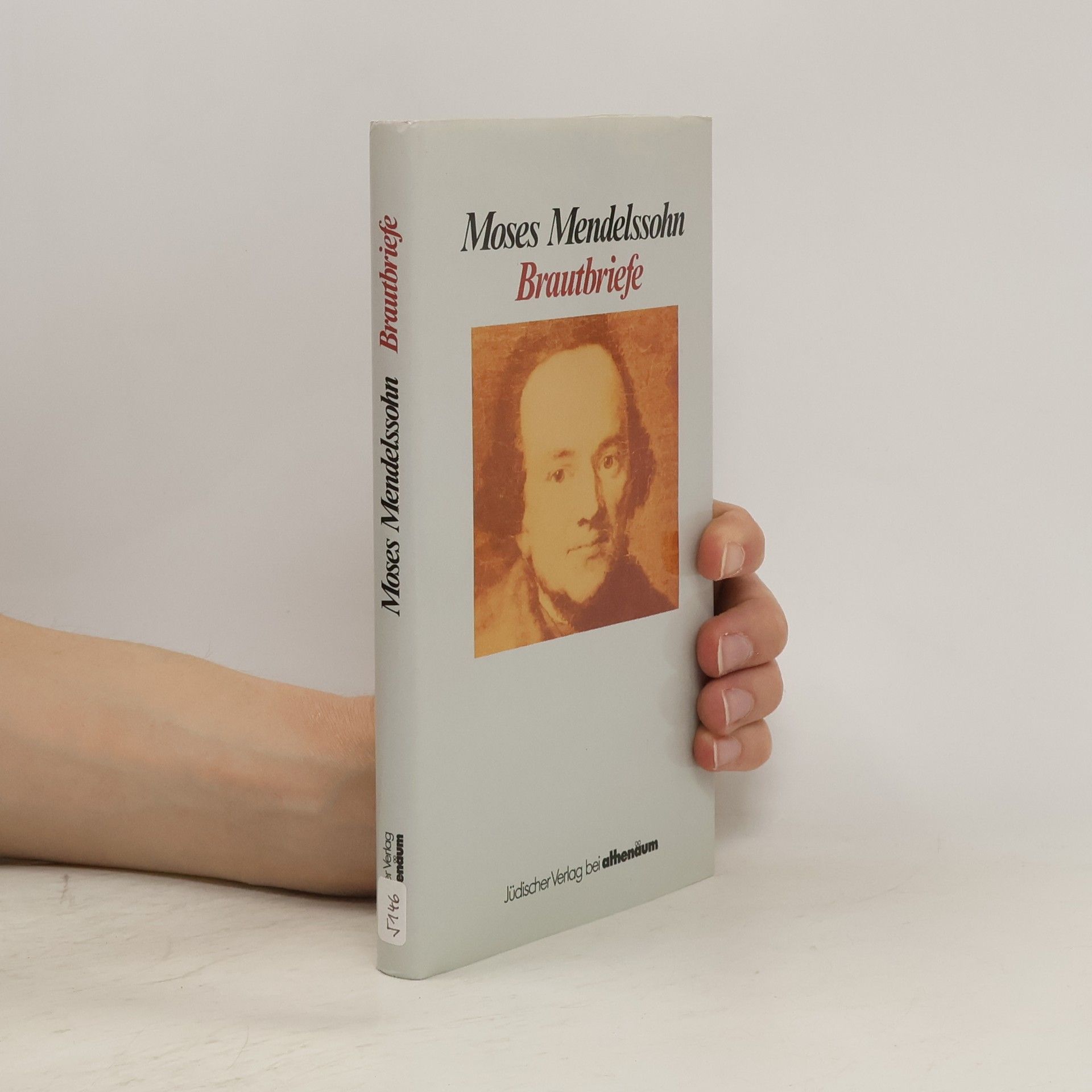Phädon: Oder, über die Unsterblichkeit der Seele, in erey Gesprächen. Vierte Auflage
- 296pages
- 11 heures de lecture
Bei diesem Werk handelt es sich um eine urheberrechtsfreie Ausgabe. Der Kauf dieser Kindle-Edition beinhaltet die kostenlose, drahtlose Lieferung auf Ihren Kindle oder Ihre Kindle-Apps.



